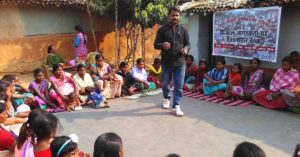TBI Blogs: People with Disabilities May Soon Be Exempt from the SC Order About National Anthems in Cinemas
Recent Supreme Court orders about compulsory playing of the National Anthem in movie theatres have made cinema experiences even more difficult for disabled moviegoers, but there is hope on the horizon.
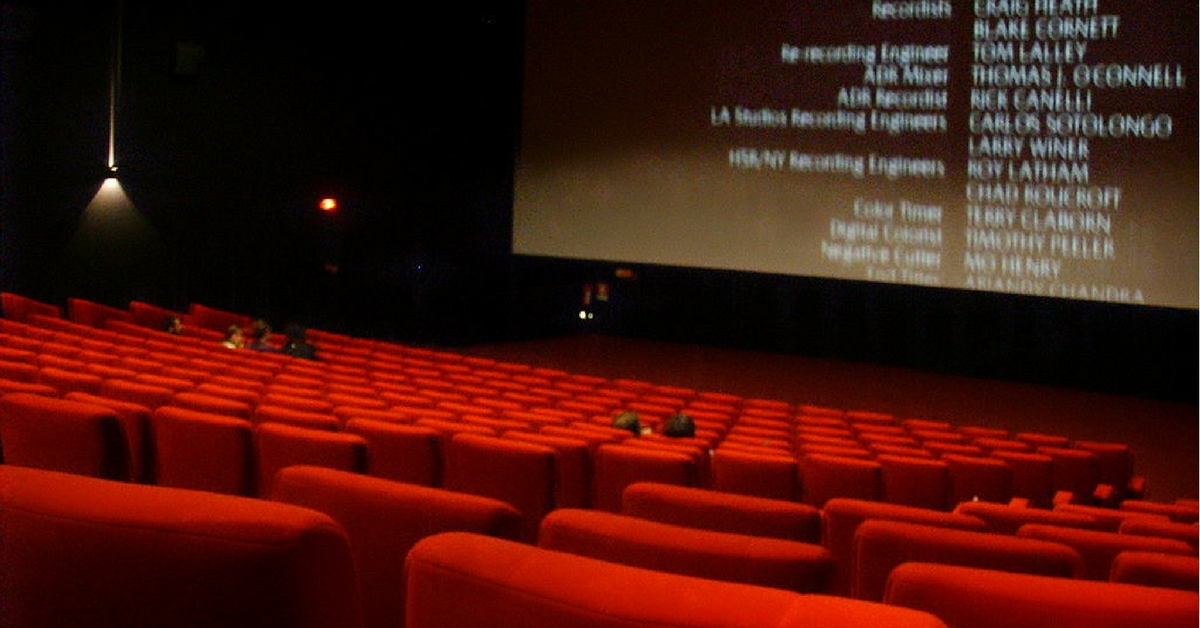
Last October, Salil Chaturvedi, a disability rights activist and writer, was assaulted at a cinema hall in Panaji, Goa. 48-year-old Salil was beaten by a few fellow cinema-goers. Salil, the assaulters charged, did not stand up while the national anthem was being played in the theatre before the commencement of the movie, and thus showed disrespect to it. Whether they had the authority to take the law into their hands and enforce it is another matter. But in their newly found zeal, the fact they failed to notice, intentionally or otherwise, was that Salil was a wheelchair user.
In an atmosphere surcharged with frenzy, where one is supposed to wear his/her patriotism on one’s sleeves, this was not an isolated incident. Even while the incident came in for condemnation, disabled cinema-goers were a harried lot. Many of them were apprehensive of what would happen to them when they go to watch a movie the next time. An overwhelming majority do not get to go to the cinemas even otherwise, thanks to inaccessible roads, pathways, cinema halls, etc.
This is not to speak of films as a medium being inaccessible for those with visual and hearing impairments.
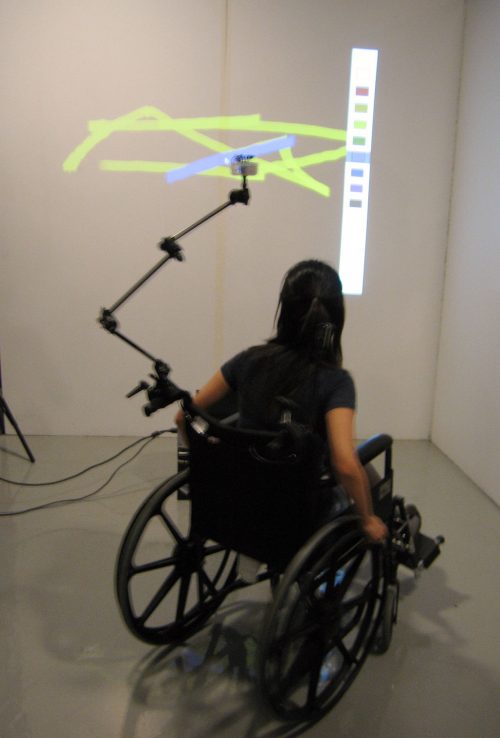
However, in the next hearing, the Court modified its earlier order with respect to persons with disabilities, for whom the Attorney General said specific guidelines will be prepared.
The haphazard manner in which this entire issue was dealt with is visible in the manner in which the guidelines issued had to be revised soon.
The guidelines issued on December 21, 2016 had warned that “unwarranted incidents against persons with intellectual disabilities” may occur. The revised guidelines said that authorities need to sensitise the public “so as to avoid any unwarranted incident against persons with intellectual disabilities,” and to prevent their harassment.
It did acknowledge that “Persons with Intellectual Disabilities will have behavioural problems like flapping of the hands, screaming, shouting, abnormal body movements, difficulty in performing practical tasks, etc.”
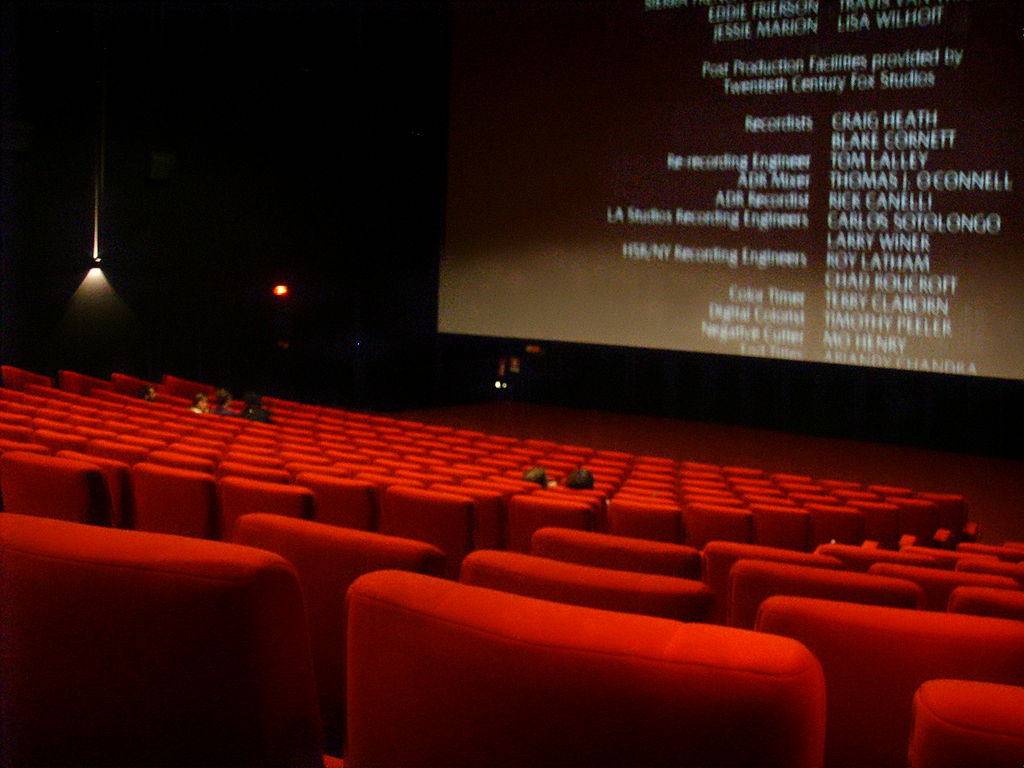
A spinal cord injury person, a cerebral palsy person, a muscular dystrophy person, a leprosy-cured person, a quadriplegic person, and a multiple sclerosis person may all be using wheelchairs, and would have different capacities and capabilities of movement and postures.
The notification mentions the use of sign language to indicate the playing of the National Anthem for the benefit of persons who are either hard of hearing or deaf. Firstly, there is no standard sign language, and the presumption that all deaf and hard-of-hearing persons will be fluent with sign language is absolutely mistaken and ill-founded.
Moreover, the United Nations Convention on Rights of Persons with Disabilities (UNCRPD), which India ratified in 2007, in clear terms provides that the State Parties shall ensure the inherent dignity, self- respect, and self-worth of PwDs.
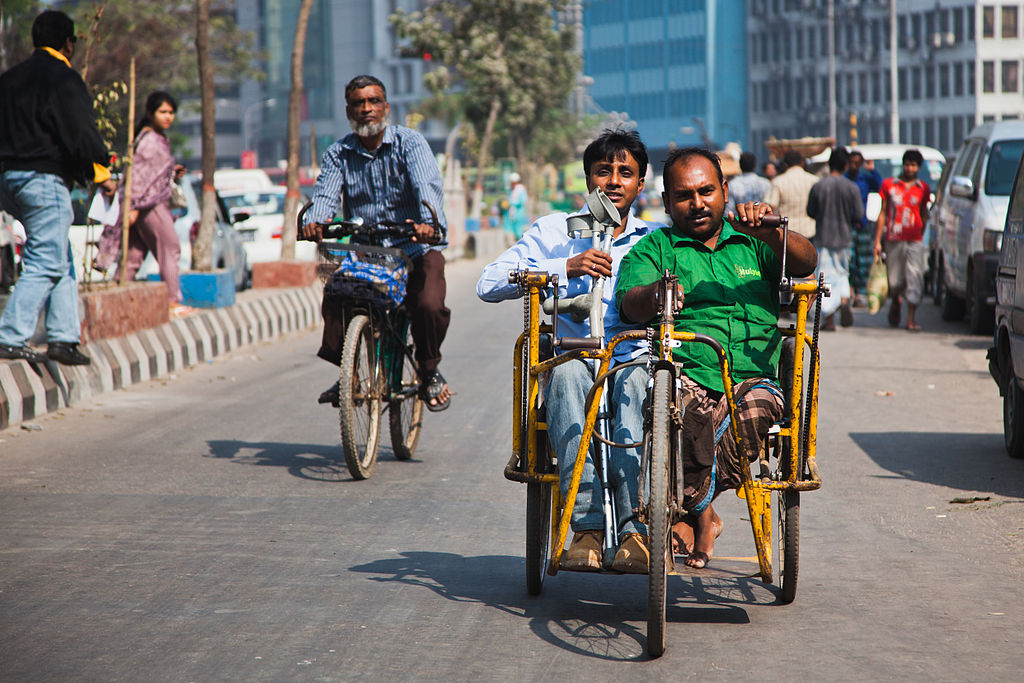
Concerned, the NPRD filed an application, first for impleading in the case, and later on, another application seeking specific directions for exemption for certain categories of disabled persons. The Court admitted both these applications.
The NPRD had sought exemption for ten categories of persons: (i) Wheelchair users; (ii) Those with autism; (iii) Those with cerebral palsy; (iv) Those with intellectual disabilities; (v) Those with mental illness; (vi) Deaf-blind; (vii) Those with Parkinsons and Multiple sclerosis; (viii) Leprosy-cured; (ix) Those with muscular dystrophy; and (x) Those with multiple disabilities.
The Court has not granted exemption to those with intellectual disabilities and mental illness.
However, it has directed the central government to consider all those disabilities for exemption for which there are no orders.
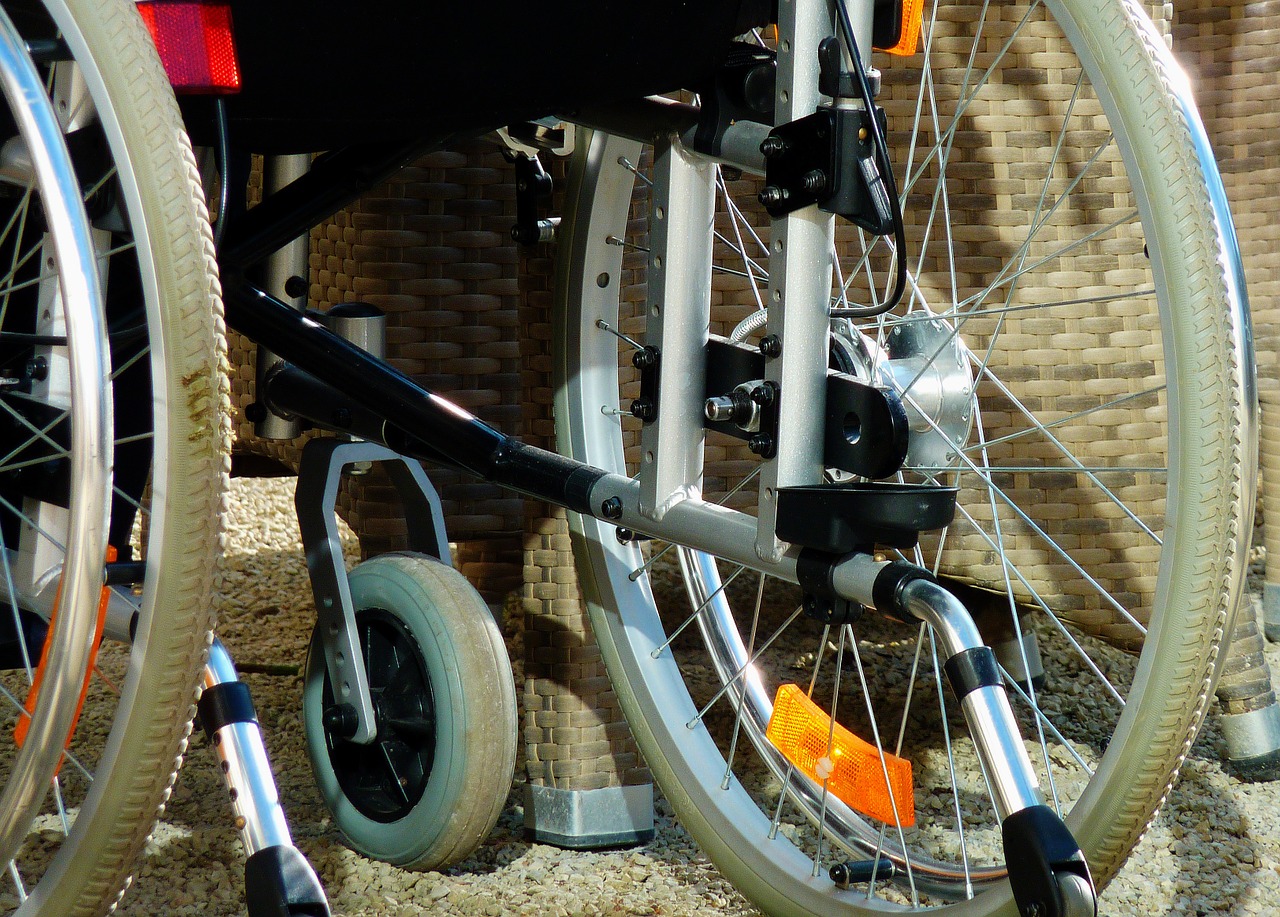
This is an opportunity to raise awareness about different visible and invisible disabilities, and the barriers disabled people commonly face. Also, disability activists should take this moment up to demand that movie halls become accessible and films have proper captioning. The disability movement must demand that the Indian government fulfills its obligation, being a signatory to UNCRPD, that states:
“States Parties recognize the right of persons with disabilities to participate on an equal basis with others in cultural life. They shall take all appropriate measures to ensure that persons with disabilities:
( a) Enjoy access to cultural materials in accessible formats;
( b) Enjoy access to television programmes, films, theatre, and other cultural activities, in accessible formats.
We also can recall here that the current Indian law (Rights of Persons with Disabilities Act of 2016) also includes a specific chapter on Culture & Recreation which promises accessibility. The State is now setting up a specific set of rules. Disabled citizens will have to follow these when the cinema plays the National Anthem before a movie. Hence, the government must also discharge its duties towards these people by fulfilling the rights enshrined in the laws.
Help NPRD India fight for advocacy, policy intervention, and disabled rights by getting in touch on Facebook.
Like this story? Or have something to share? Write to us: [email protected], or connect with us on Facebook and Twitter.
NEW: Click here to get positive news on WhatsApp!
If you found our stories insightful, informative, or even just enjoyable, we invite you to consider making a voluntary payment to support the work we do at The Better India. Your contribution helps us continue producing quality content that educates, inspires, and drives positive change.
Choose one of the payment options below for your contribution-
By paying for the stories you value, you directly contribute to sustaining our efforts focused on making a difference in the world. Together, let's ensure that impactful stories continue to be told and shared, enriching lives and communities alike.
Thank you for your support. Here are some frequently asked questions you might find helpful to know why you are contributing?


This story made me
-
97
-
121
-
89
-
167




